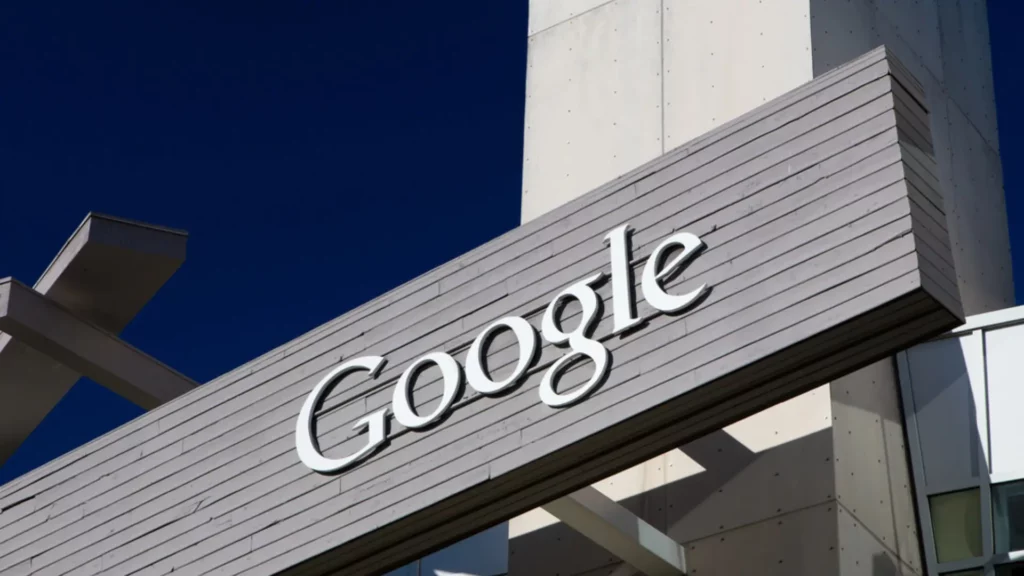The Justice Department’s request is the first formal move in a months-long process that could transform a firm associated with the act of searching for answers online.
The US antitrust enforcers have not broken up any company in the last 40 years. Although on Tuesday the Justice Department stated it was considering the option of asking the federal court to force Google to change its practices or break off parts of the company in order to mitigate its search monopoly. This move if enforced could redefine the company’s core business worth $2 trillion.
In a filing, the government stated that it could petition the court to order Google to make the fundamental data that powers its search engine available to competitors as an attempt to end the unlawful monopoly in search.
In order to stop the company from leveraging the power of its Chrome browser, Android operating system or Play app store to benefit its search business, the Justice Department was considering asking for some ‘structural’ changes to Google.
“Google’s anticompetitive conduct resulted in interlocking and pernicious harms that present unprecedented complexities in a highly evolving set of markets,” the government said in its filing in the US District Court for the District of Columbia.
A judge on the court, Amit P. Mehta stated in a landmark ruling that Google is known to be a monopolist and it has acted as one to maintain it. According to him the company has crossed many lines when companies like Apple and Samsung were paid large amounts to make Google its automatic search engine on their smartphones, he stated in a case, US et al. v. Google.
The Justice Department’s request is the first formal move in a months-long process that could transform a firm associated with the act of searching for answers online. Any restrictions on Google’s search business might assist redefine online competition against rivals such as Microsoft and OpenAI‘s ChatGPT chatbot.
Apart from asking for data which distinguishes Google’s secret sauce for search results from others, another extreme option would require Google to completely spin off parts of its search business. That would add it to a short list of firms with AT&T and Standard Oil that have split up following a tough battle with the US government.
Judge Mehta’s way of approaching Google’s monopolistic behavioral concerns will come into force next year. This move will showcase the strength of the government’s efforts to take over the ways a consumer shops, communicates online and consumes information.
The Justice Department will provide its final request in November with ways to fix Google’s monopoly. Following that Google will be given the opportunity to present its own potential fix to Judge Mehta in December. The company is planning to appeal his ruling of illegally maintaining a search monopoly.
Under the Trump administration the Justice Department along with other states have filed a case suing its search business in 2020. The claims include paying other companies to make its technology the default option for its users and pushing its competitors out of the search market.
During a 10 week long trial last year the government argued that Google received more search queries through the placement than its competitors. According to the authorities, Google used such data to increase the gap between its product and competitors such as Microsoft’s Bing and DuckDuckGo.
Google claimed that it faced stiff competition in search, particularly from social media apps like TikTok and Instagram, commerce sites like Amazon, and artificial intelligence chatbots like ChatGPT.
In its petition on Tuesday, the Justice Department outlined a number of ways it could ask the court to stop the pattern. In addition to floating the idea of compelling Google to reveal its data, the government stated that it may seek a court order to prevent the corporation from entering into agreements to be the automatic search engine on cellphones and web browsers.
